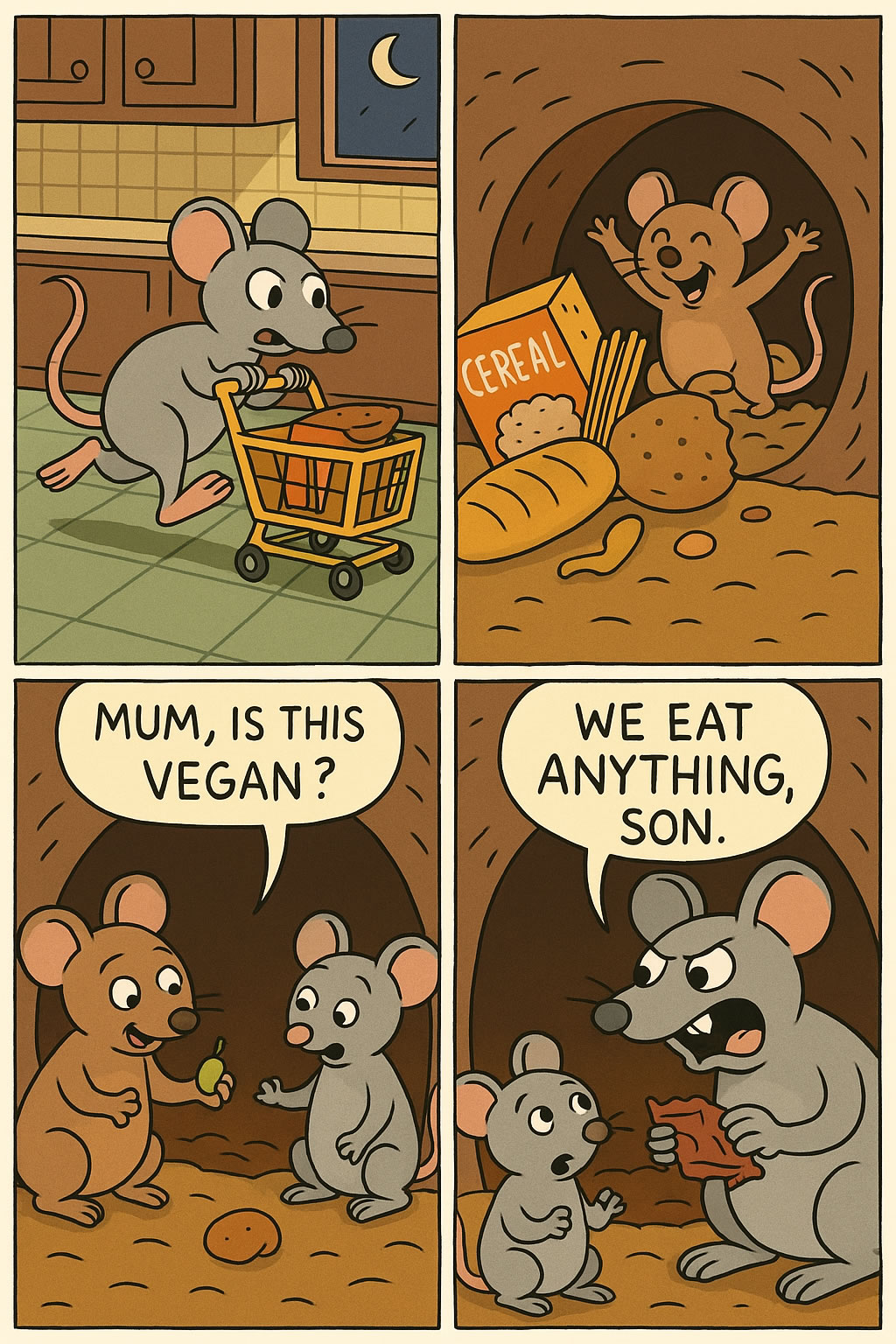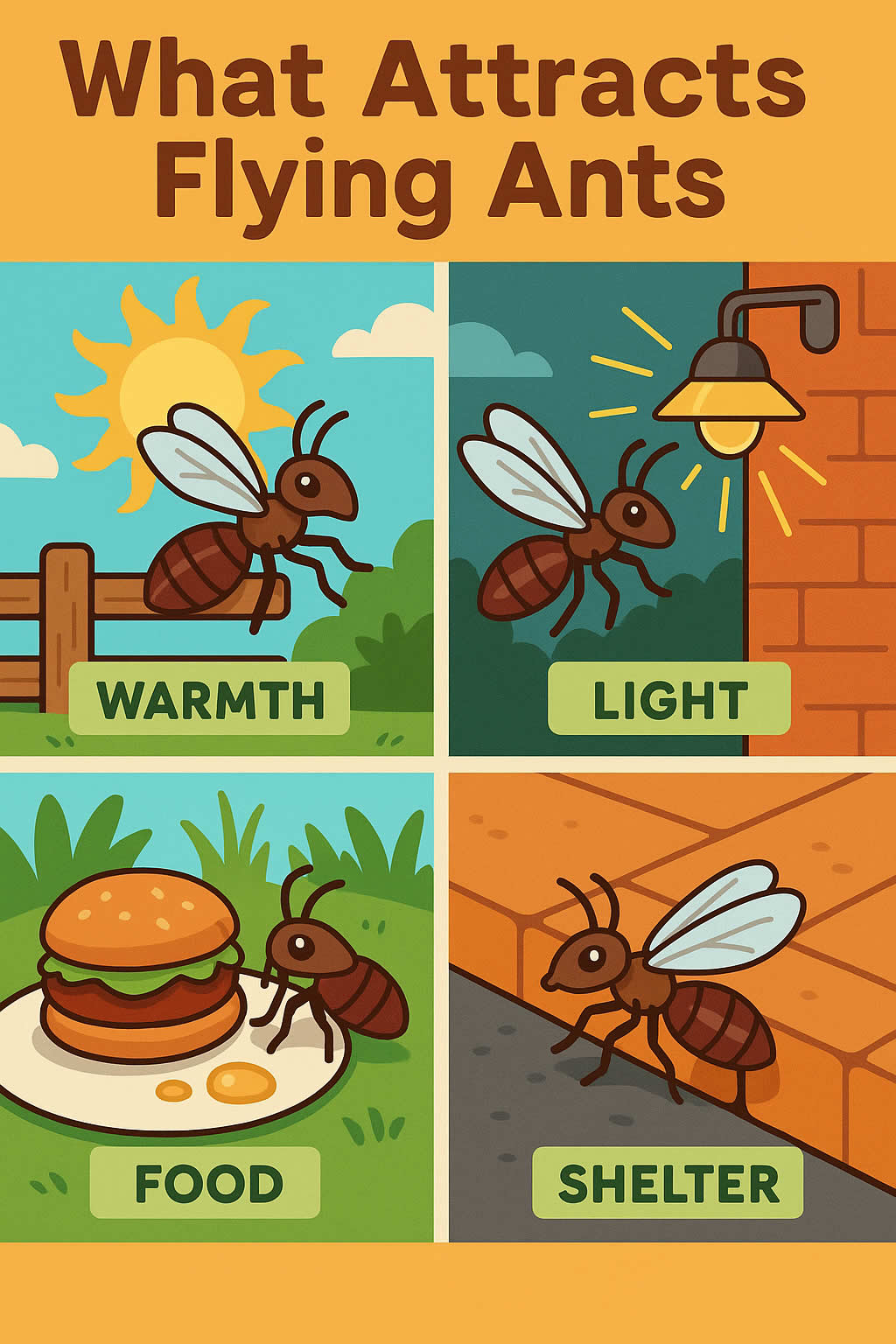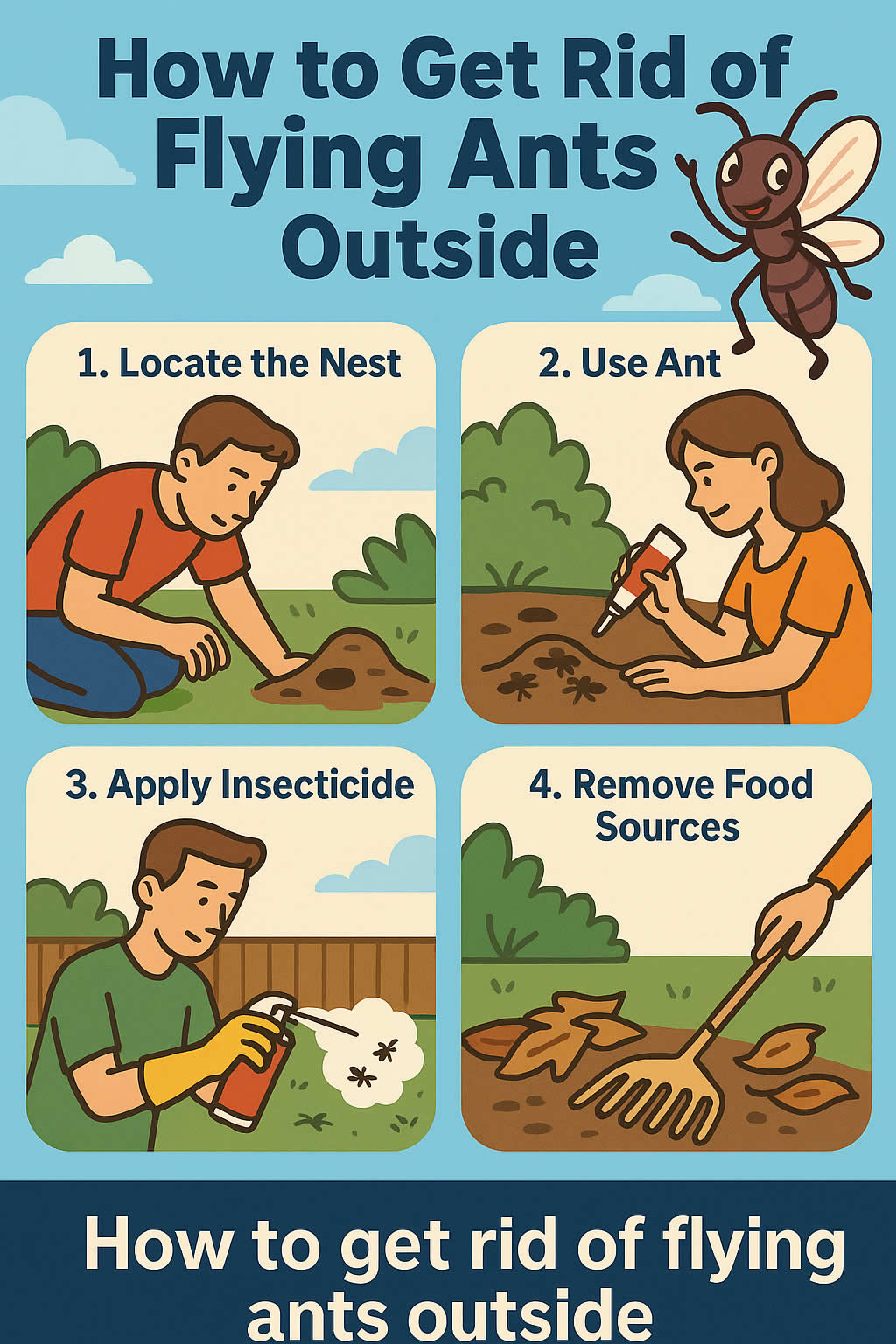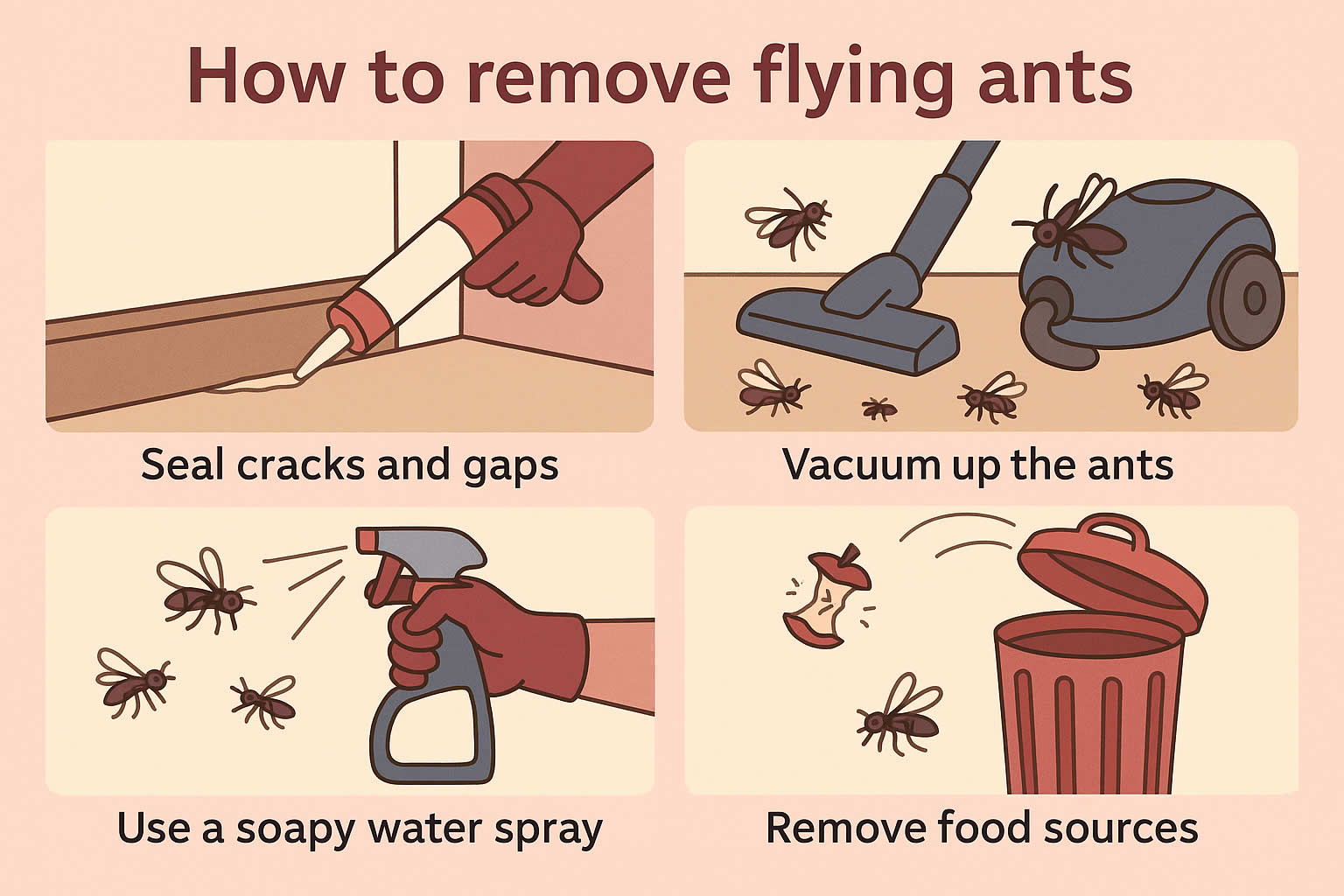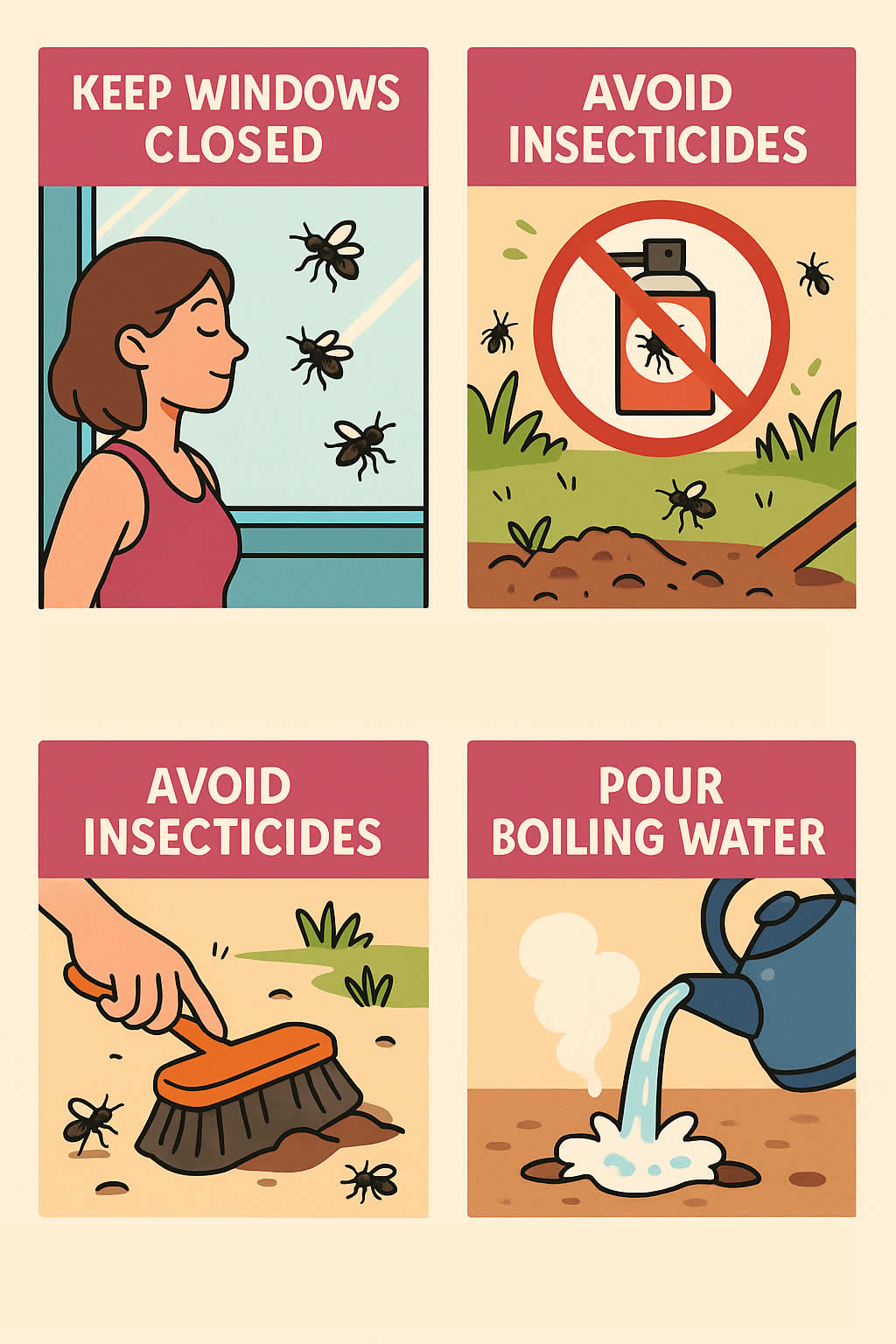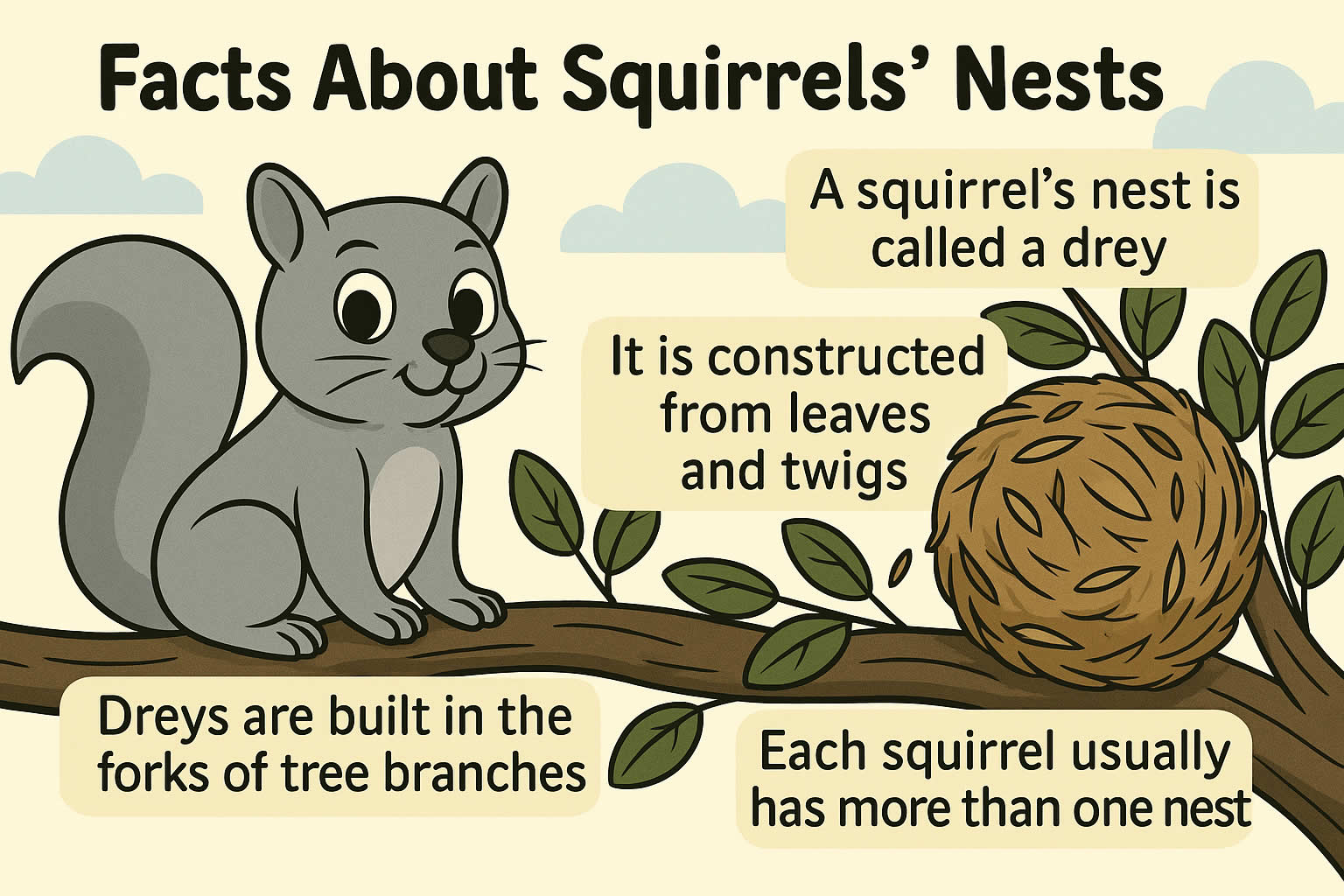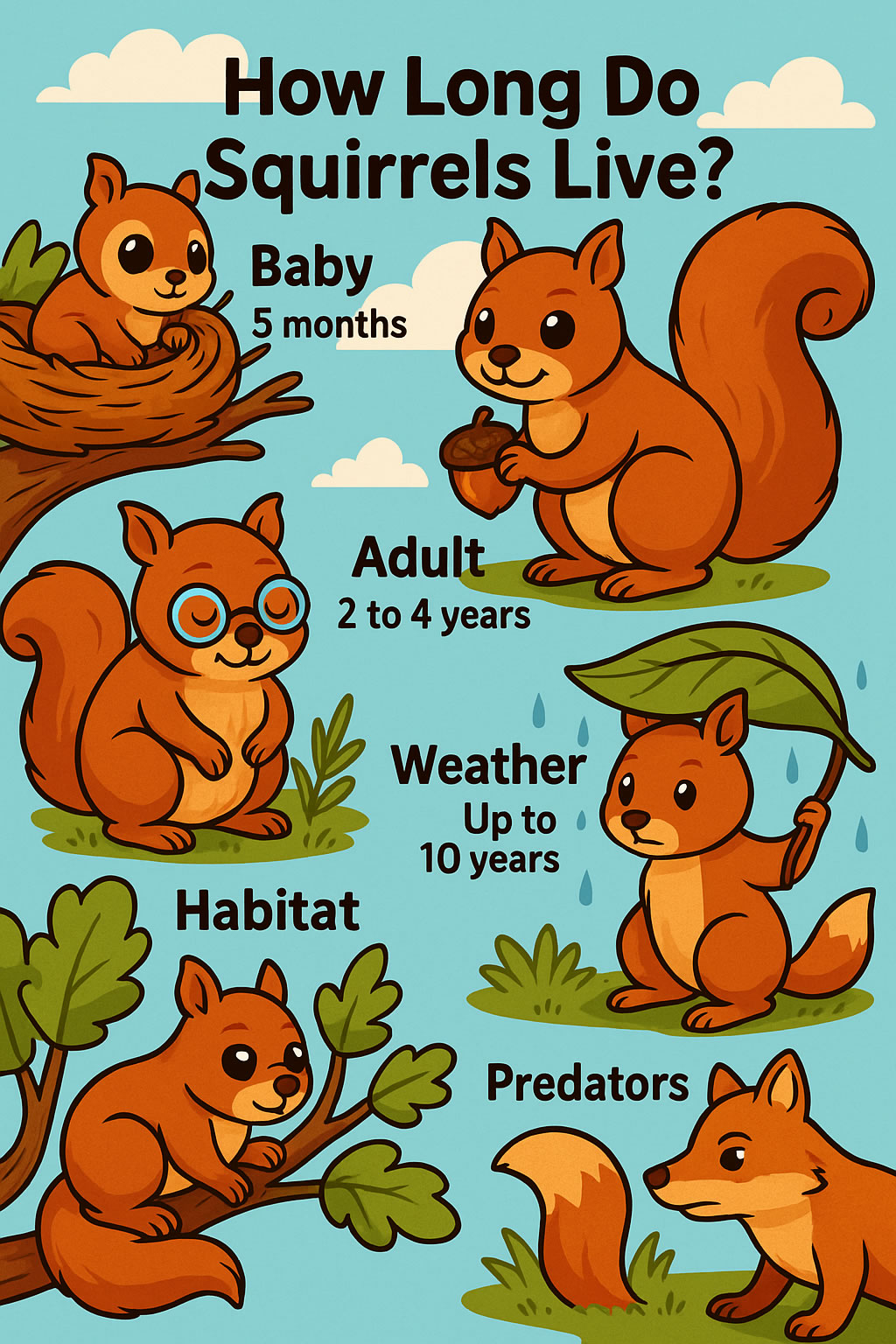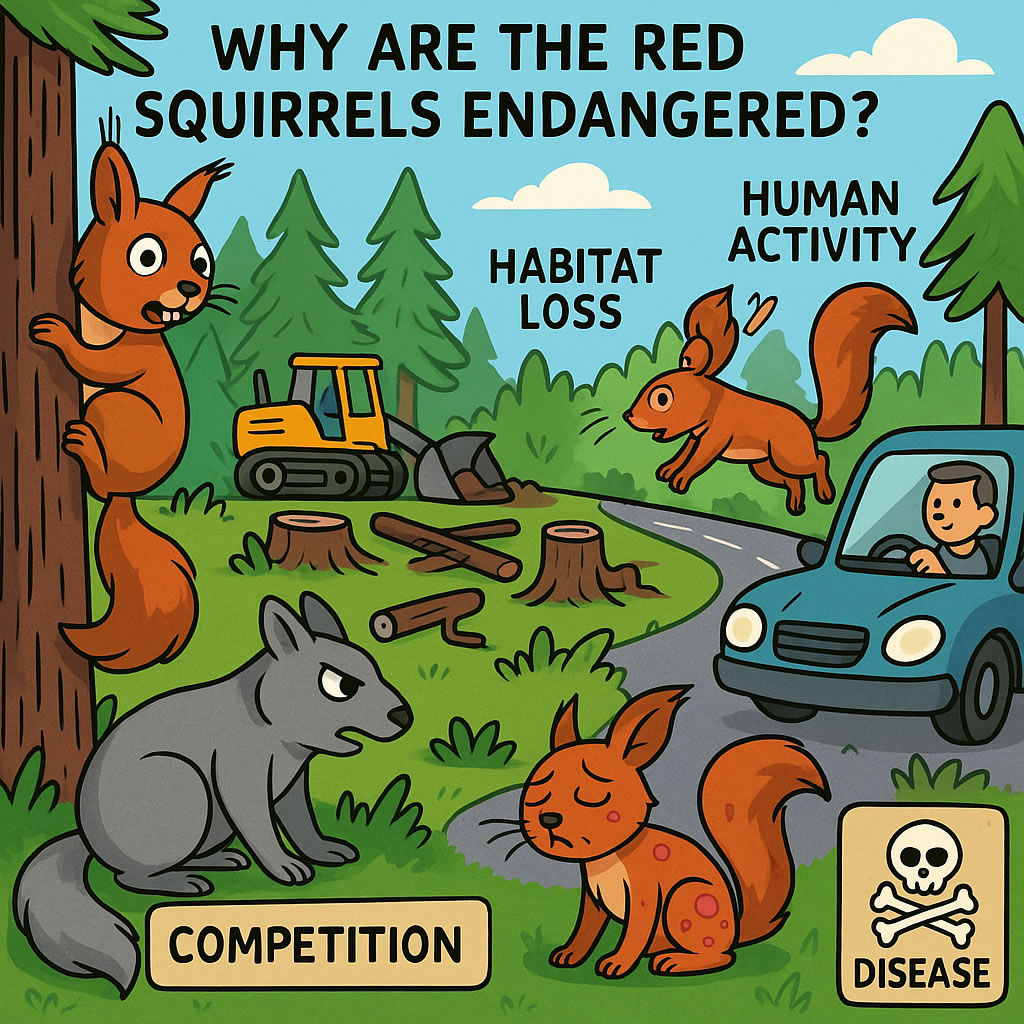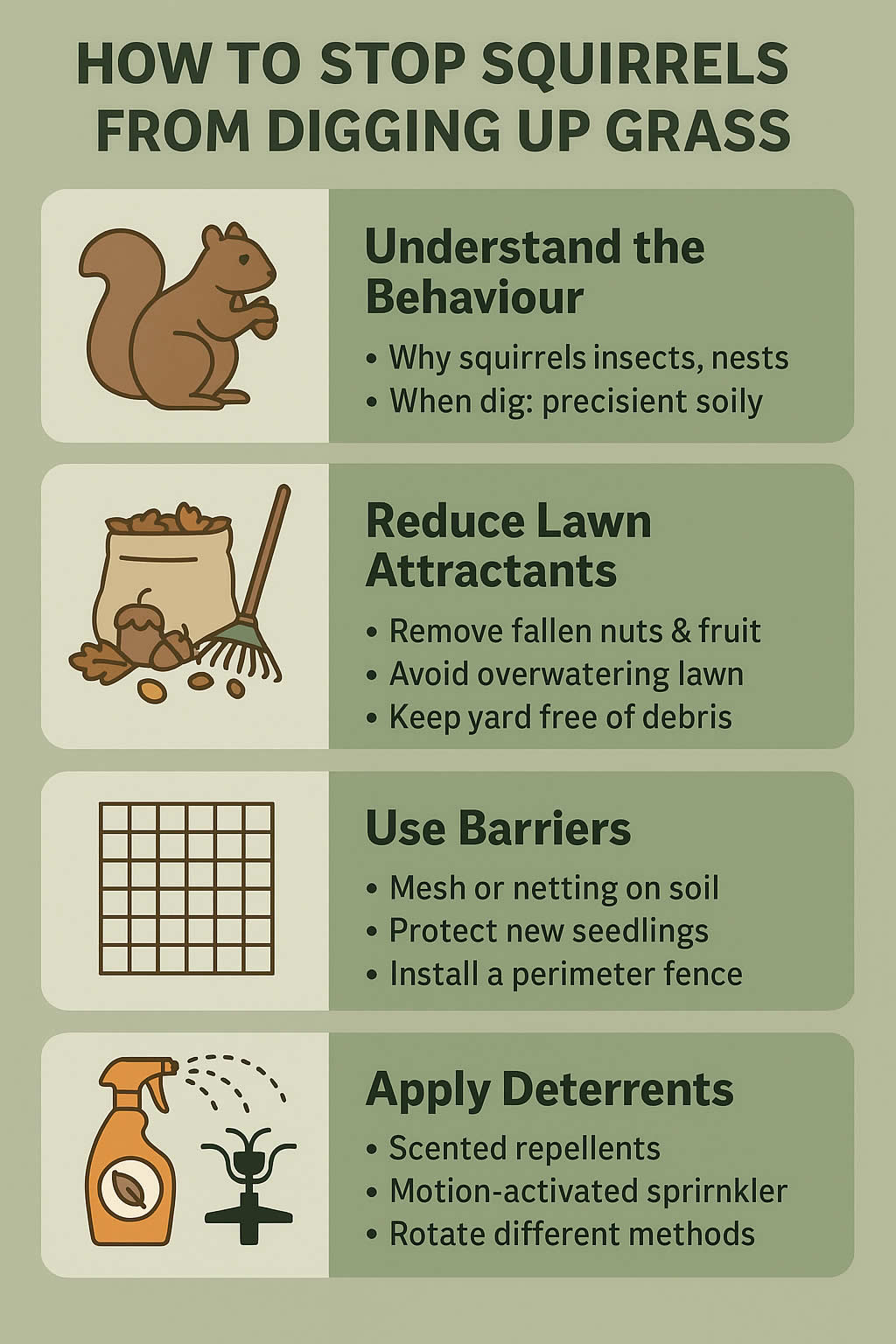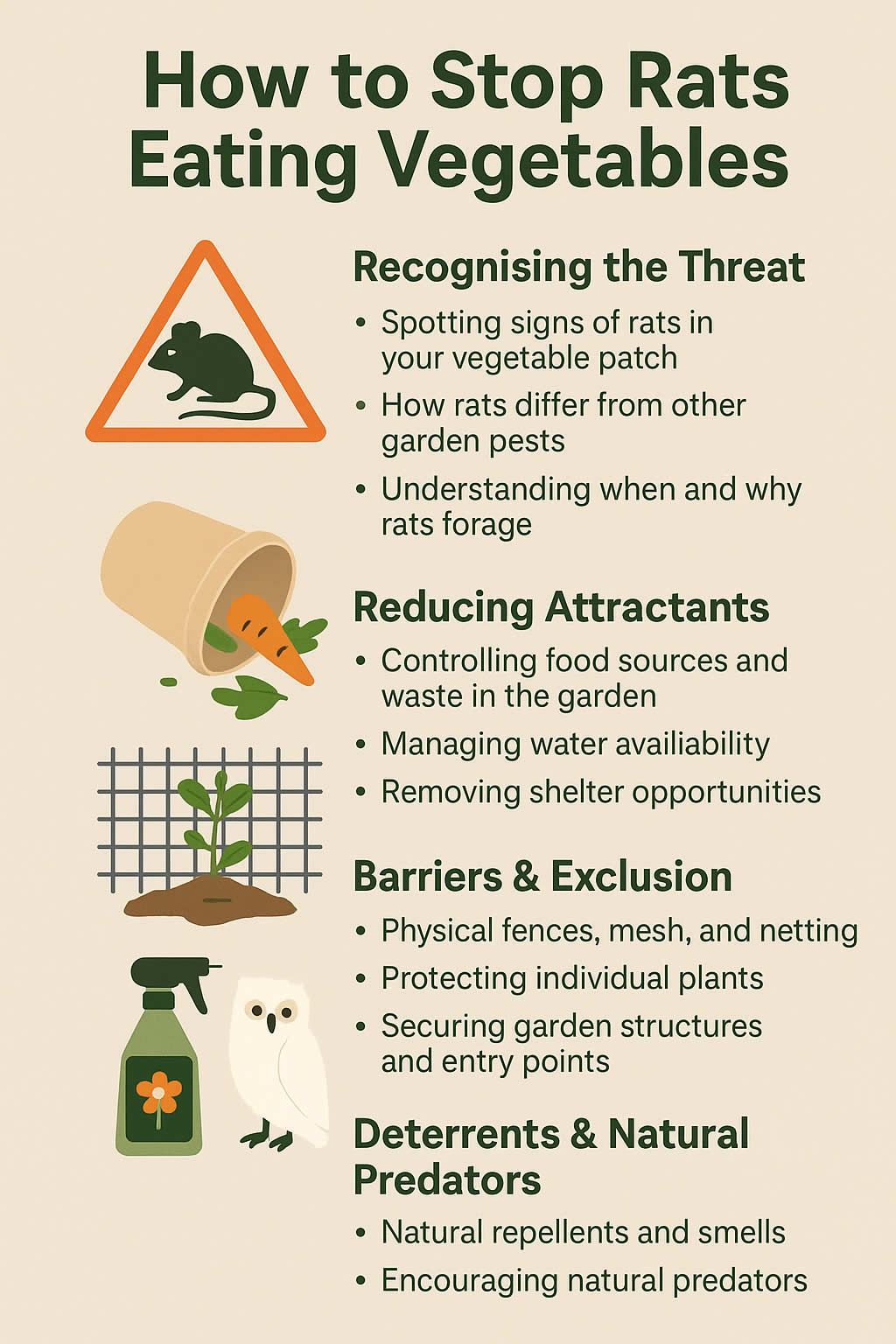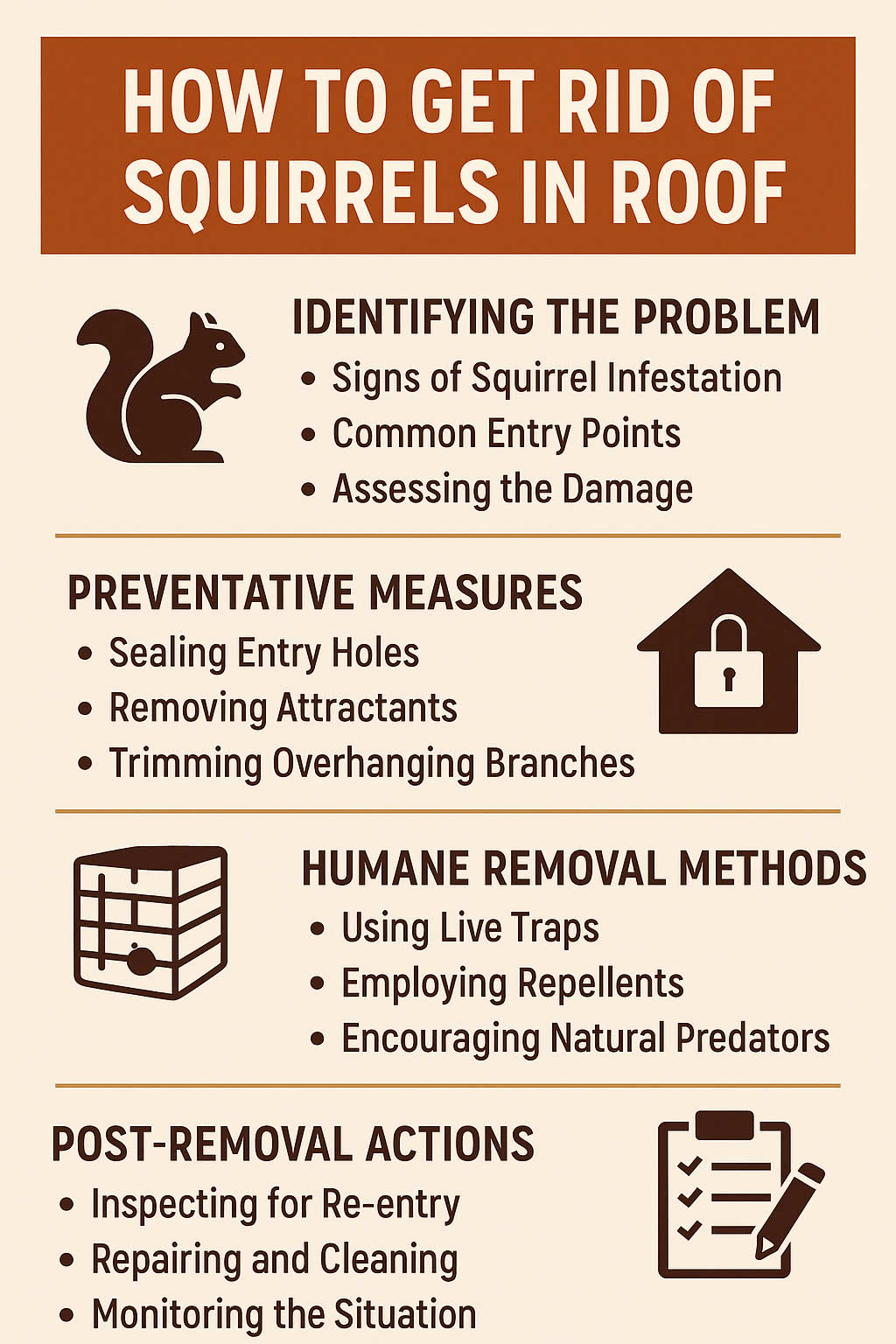Related Queries
ToggleIf you’ve spotted signs of mice around your home, one of the first things you might wonder is: what are they eating? It’s not just curiosity—it helps you understand why they’re sticking around and how to stop them. Once you know what mice go for, you can take better control of the situation. In this post, you’ll find everything you need to know about a mouse’s diet, what draws them in, and how changing the environment can make your home less inviting.
Why is it important to know what mice eat?
Mice don’t show up randomly. They come looking for food, warmth, and shelter. If you remove their food source, you take away a big reason they’re there. Understanding what mice eat gives you a better chance to:
- Find out what’s attracting them.
- Remove their access to food.
- Choose more effective bait if you’re setting traps.
- Prevent future infestations.
When you’ve got mice around, it’s not enough to just get rid of them—you need to change what’s drawing them in. That always starts with food.
What do mice usually eat in the wild?
Out in nature, mice are opportunistic eaters. They’ll go for whatever they can get. That usually means seeds, grains, fruit, roots, and sometimes insects. In rural areas, a lot of what they eat grows close to the ground. Fields, hedgerows, and gardens are full of things like:
- Wheat and barley
- Grass seeds
- Berries
- Apples and other fallen fruit
- Roots and bulbs
- Beetles and small bugs
When you think about it, their natural diet isn’t so different from what’s in your cupboards. That’s part of the problem—our homes are like an upgraded version of the wild. More variety, less effort.
What do mice eat in your home?
Inside, mice aren’t picky. They’ll eat pretty much anything they can smell, reach, and chew through. That includes food meant for you, food meant for your pets, and even things you wouldn’t think of as food at all.
Here’s a breakdown of what mice commonly eat in UK homes:
| Food Type | Examples | Why They Like It |
| Grains and Cereals | Bread, pasta, rice, oats, cereal, flour | High in energy, easy to store in nests |
| Sweets and Biscuits | Chocolate, biscuits, sugary snacks | Mice crave sugar and will chew through packs |
| Fruits and Vegetables | Apples, grapes, bananas, carrots, potatoes | Provide water content as well as food |
| Pet Food | Dry kibble, bird seed, guinea pig feed | Easy to carry and packed with nutrients |
| Leftovers and Rubbish | Crumbs, grease, leftover pizza, bin scraps | Strong-smelling and high-calorie |
| Non-Food Items | Soap, cardboard, candle wax, insulation | Sometimes chewed for nesting or nutrients |
When you leave food out or don’t seal packaging tightly, it sends an invitation to any mouse nearby. Even a few crumbs can be enough. And if you’ve got fruit ripening on the counter or pet food in open bowls, you’re feeding them without knowing it.
Do mice eat meat?
Yes, they can. Mice are omnivores, which means they’ll eat both plant and animal matter. While they mostly prefer carbs and plant-based foods, they won’t pass up small amounts of meat if it’s there—especially cooked meat in the bin. In some cases, they might even nibble on dead insects or smaller animals if nothing else is available.
That said, meat’s not their top choice. It’s more about what’s accessible than what’s ideal.
What’s a mouse’s favourite food?
If you had to pick one thing that mice go for again and again, it’s peanut butter. The strong smell, the texture, and the high-fat content make it irresistible to them. That’s why peanut butter is often used in traps instead of cheese—it works better.
Other favourites include:
- Chocolate
- Seeds
- Sunflower kernels
- Oats
- Cooked rice
You’ll notice these are all high-energy foods. Mice need to keep their body temperature up, especially in colder months, so they instinctively seek out food that gives them quick fuel.
How much food does a mouse need each day?
Not as much as you’d think. A typical house mouse only needs about 2–4 grams of food a day, and around 3 millilitres of water. But they tend to eat several times a night. They’re also hoarders—they carry food back to their nests and stash it.
Even if you think there’s nothing out for them, they might have a small pile of dog biscuits or pasta shells hidden behind your fridge.
Can mice survive without water?
To some extent, yes. If the food they eat contains enough moisture—like fruit or cooked rice—they can go without a separate water source for a while. But in drier conditions, like in wall cavities or lofts, they’ll look for leaks, condensation, or even pet bowls to drink from.
If you’re trying to drive them out, drying up those water sources helps. No food and no water? That’s when they start looking for somewhere else to live.
What attracts mice the most?
Mice don’t just follow their nose—they follow habits. So if you’ve got food on surfaces, crumbs under appliances, or open packets in cupboards, you’re setting the stage for a problem.
Here’s what commonly draws mice in:
- Easily accessible food (especially cereals, sweets, and grains)
- Cluttered spaces (which help them hide and nest)
- Warmth and shelter (lofts, kitchens, wall voids)
- Pet food or bird seed (especially if it’s stored in garages or sheds)
Mice use their whiskers and scent trails to find the same spots again and again. If they get into your bin once, they’ll keep coming back.
What should you avoid leaving out?
If you’re trying to stop mice getting comfy, you’ll need to change a few habits. First, don’t leave food out overnight. Even a dirty plate or a used chopping board can be enough. Second, rethink how you store things.
Avoid:
- Storing cereal in its original open bag
- Leaving pet food in plastic bowls all night
- Using open bins with no lid
- Keeping fruit on the counter when it’s starting to ripen
- Ignoring spills or crumbs in hard-to-reach places
Use sealed containers. Wipe up messes as you go. Check behind cookers, fridges, and cupboards for signs of activity—mice love hidden spaces.
Are there foods that mice won’t eat?
There are a few things mice tend to avoid, especially if they’ve got other options. Strong spices and very bitter or spicy foods aren’t popular. Things like:
- Raw onion
- Garlic
- Hot chilli
- Coffee grounds
Some people even try using these to deter mice, though success varies. They won’t touch these foods if there’s something easier nearby. But if they’re desperate, they’ll still try.
Do mice eat things like clothes, paper, or wiring?
Not to survive—but to build nests or chew through barriers. Mice constantly gnaw to keep their teeth in check. So they’ll chew cardboard, paper, plastic, wood, and even electrical cables. It’s not about nutrition—it’s instinct.
But if your food’s in a cardboard box or stored in a plastic bag, they might chew through it anyway, just to get inside. That’s how they end up damaging packaging in pantries and kitchens.
What can you do if mice are eating your food?
You’ve got two jobs here: one is to remove what they’re feeding on, and the other is to stop them getting in.
Here’s what helps:
- Put food in airtight containers.
- Keep pet food in a sealed metal tin or storage box.
- Empty bins more often and use tight-fitting lids.
- Check behind cupboards and appliances for droppings or food stashes.
- Set humane or snap traps with high-attraction bait like peanut butter or sunflower seeds.
- Block entry points with wire wool and sealant.
If the infestation’s small, these steps might be enough. If it’s more serious, you may need to call in a pest control professional.
Comparison: Human vs Mouse Diet
| Category | Human Diet | Mouse Diet |
| Main Fuel | Carbs, proteins, fats | Carbs, grains, seeds, sweets |
| Water Source | Direct water and food | Moisture-rich food or condensation |
| Meal Frequency | 2–3 large meals a day | Multiple tiny meals through the night |
| Nutritional Needs | Balanced mix of nutrients | High-energy, simple carbs |
| Preferred Storage | Cupboards, fridges | Behind appliances, under floorboards, inside walls |
Final thoughts: what should you take away from this?
If mice are turning up, it’s usually because they’ve found something to eat. Once you know what they’re after, you’re in a much better position to stop them.
- Seal your food properly.
- Clean up mess as you go.
- Don’t leave pet bowls down all night.
- Use sealed bins.
- Check dark corners for stashes or droppings.
Every little change adds up. A clean, food-free space is the quickest way to make your home less appealing to mice. It’s not about being perfect—it’s about being less inviting than the next place down the road.
Pest Control Rutland – Rat Removal Staffordshire – Wasp Removal Worcestershire
